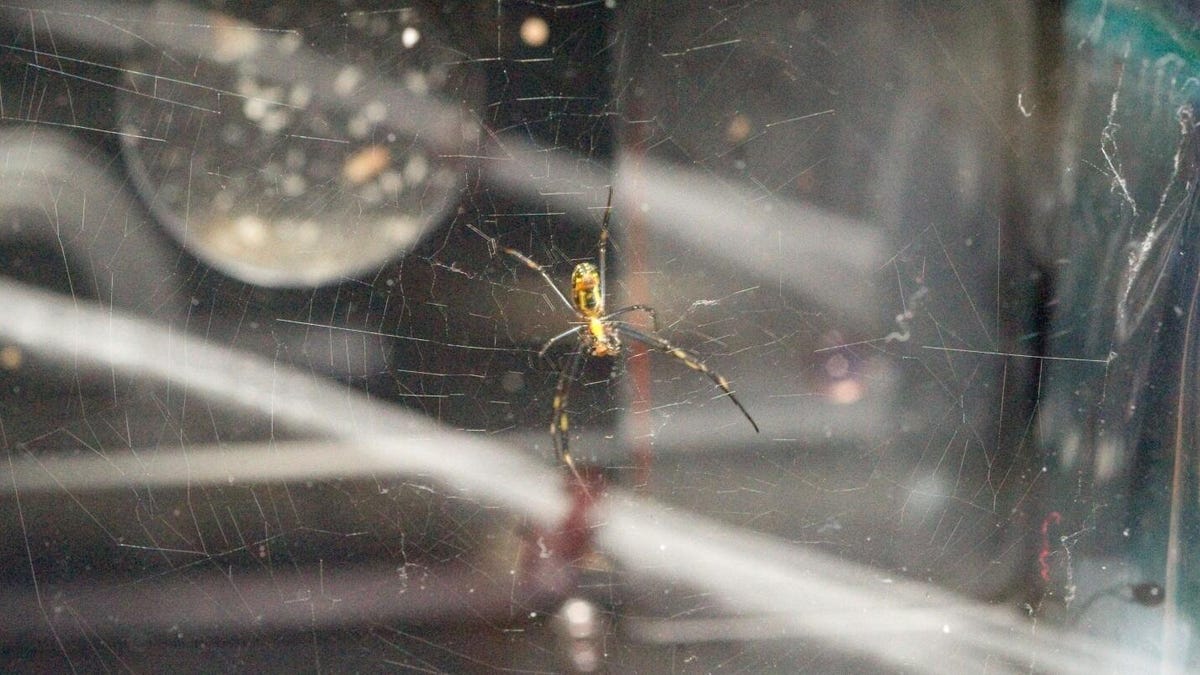NASA astronaut reacts to 'spiders' on the ISS
An instinctive reaction to creepy-crawlies doesn't go away when you're in space.
There have been some unusual sights on the International Space Station. Elvis. A gorilla suit. Flatworms. Yoda. But spiders free-floating around the ISS? Only in an astronaut's imagination.
NASA astronaut and current ISS crew member Megan McArthur shared what might be considered a space "shower thought" on Thursday. It's all about how she instinctively sees spiders in random tiny objects.
McArthur tweeted, "Is it weird that after 100 days on the space station, when I see a small piece of lint or food float by, my body still reacts like 'SPIDER!!' a split second before my brain can chime in with, 'Relax, you're in space, remember? No spiders."'
Is it weird that after 100 days on @Space_Station, when I see a small piece of lint or food float by, my body still reacts like “SPIDER!!”🕷a split second before my brain can chime in with, “Relax, you’re in space, remember? No spiders.”?🕸
— Megan McArthur (@Astro_Megan) August 5, 2021
It goes to show how some of the familiar human reactions we have on Earth don't just disappear when we're up in orbit.
NASA's ISS research Twitter account chimed in with a history tidbit. "While there aren't spiders up with you now, there have been spiders on station for research," NASA said. "Golden orb spiders were sent to space to study if and how arachnids spin their webs differently in microgravity."
While there aren’t spiders up with you now, there have been spiders on station for research! Golden orb spiders were sent to space to study if and how arachnids spin their webs differently in microgravity. Educators can use this guide to explore the study! https://t.co/5L9oIVM9g6
— ISS Research (@ISS_Research) August 5, 2021
The spider mission was back in 2011 and, as far as we know, none of the web-slinging denizens escaped to run free in the wilds of the station. As for the experiment, researchers found the spiders' space webs looked very similar to the ones they weave back on Earth.
McArthur doesn't have to worry about arachnids, but she has had some other tiny lifeforms for company in orbit, including baby squid and tardigrades. At least they're cute critters.
Follow CNET's 2021 Space Calendar to stay up to date with all the latest space news this year. You can even add it to your own Google Calendar.


